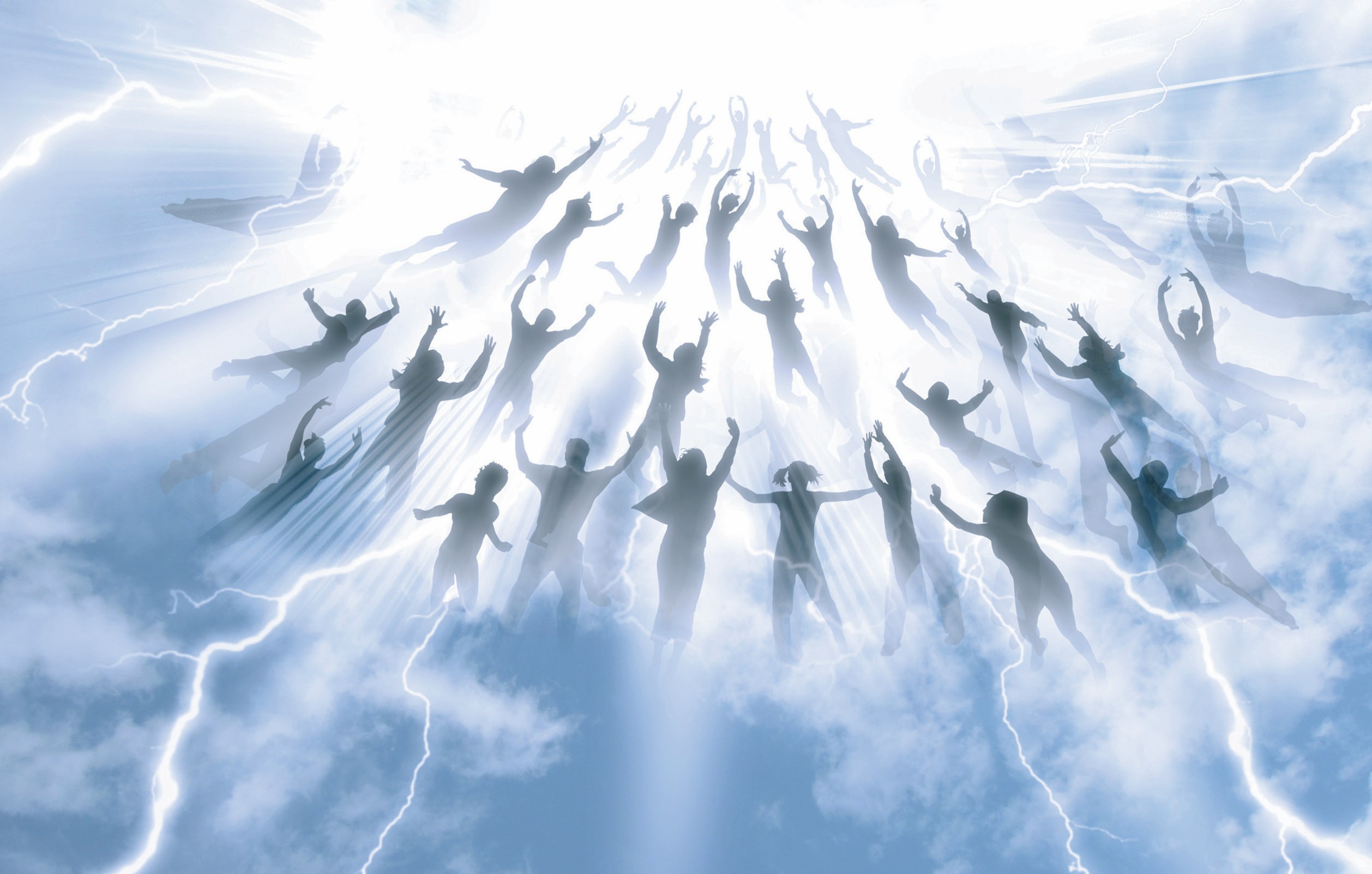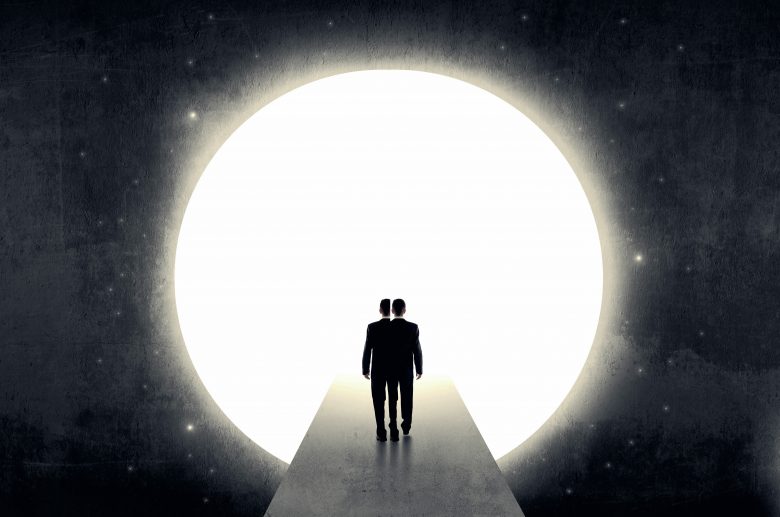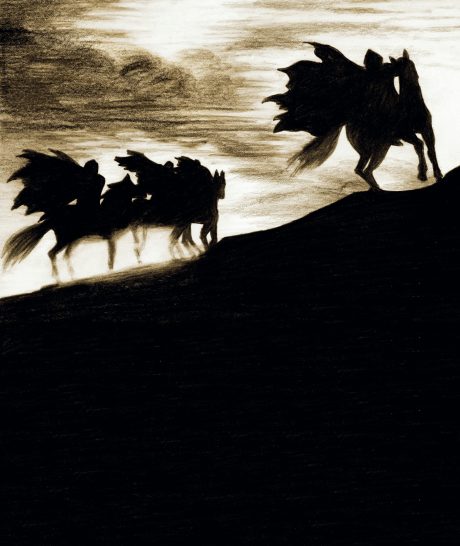
Can you name the current bestselling fiction series in the world? Harry Potter? The novels of Dan Brown? No, it’s a lengthy series, recently joined by the first of a trilogy of prequels, written by Tim LaHaye and Jerry Jenkins, called the Left Behind series. These books offer a fictionalised account of what may happen in the end times, including the rise of the Antichrist, Nicolae Carpathia, who becomes the secretary general of the United Nations, moves its headquarters to Babylon and lays the groundwork for mass destruction.
The Left Behind books are a literary sign of the times, reflecting the powerful influence of Protestant fundamentalism, predominantly in the USA but not without its supporters in the UK. If Tim LaHaye was speaking at Wembley Stadium, I imagine he would have no problem drawing a full house for several consecutive nights — perhaps not as many as Benny Hinn (who himself treads a fine line between fundamentalist and charismatic Christianity), but pretty impressive. In the UK, however, we are by no means as affected by the influence of fundamentalism as in the USA, where it has been established for many decades as a powerful force in politics and culture, associated with the religious right which emerged particularly in the wake of the Watergate scandal but had been active for many years.
Your organisation does not have access to this article.
Sign up today to give your students the edge they need to achieve their best grades with subject expertise
Subscribe




